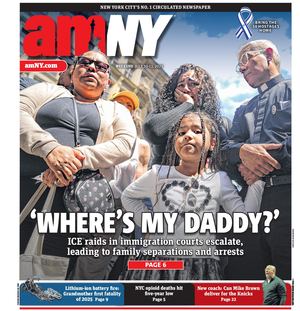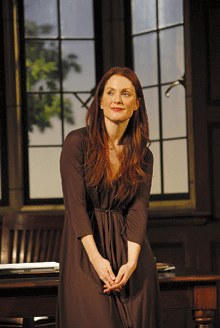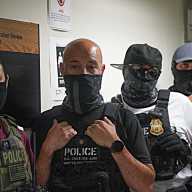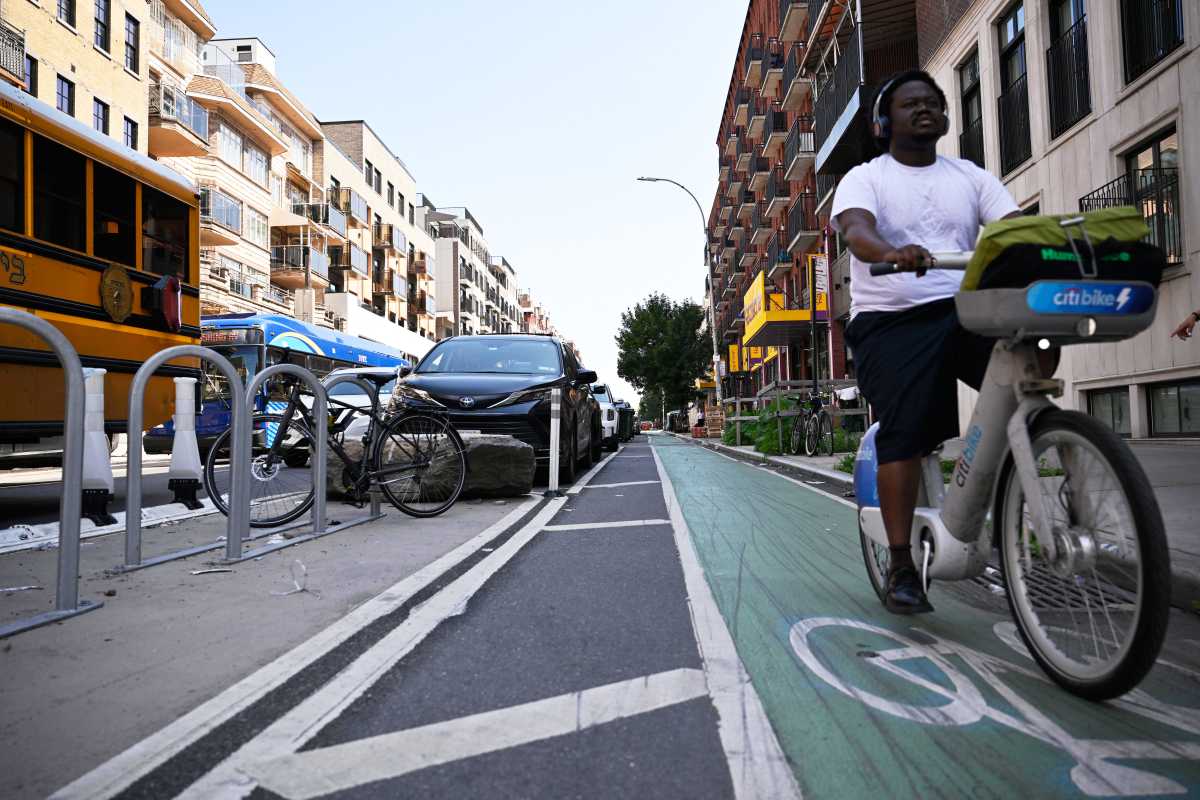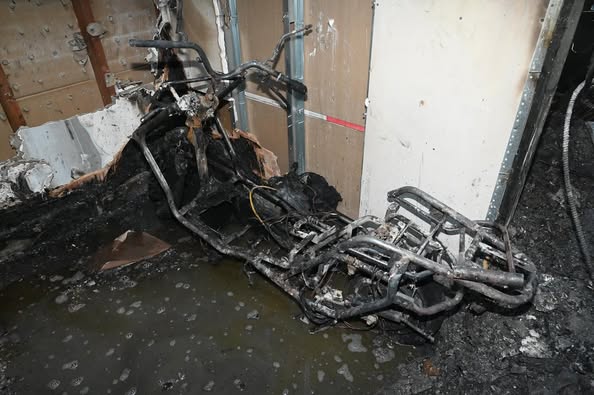By Scott Harrah
British playwright David Hare is certainly no fan of President Bush. Earlier this year, Hare’s politically charged drama at the Public Theater, “Stuff Happens,” used a documentary-style format to make strong statements about all the shady dealings that led to the war in Iraq. His new drama “The Vertical Hour,” takes a different polemical approach to the controversial conflict — one that is more personal, examining how the war has affected even those who appear to be on Bush’s side. Julianne Moore stars as Nadia Blye, a Bush-sympathizing former Iraq and Bosnia war correspondent who is now a professor at Yale and is haunted and disturbed by what she saw during her time as a TV journalist in the Middle East.
Anyone who’s ever wondered if four-time Oscar nominee Julianne Moore is effective as a stage actress can rest assured that this movie star, making her Broadway debut, certainly gives a powerful and cogent performance. It does take awhile for her to sink her theatrical teeth into the role of Nadia in the beginning of the play when she’s seen interacting with her students at Yale. However, by the first act’s second scene, Moore demonstrates that she’s certainly a force, especially when she’s interacting with the great Bill Nighy, who plays Oliver, the rough-hewn British father of Nadia’s new boyfriend, Philip.
The story often gets mired and bogged down by Hare’s unfocused, talky narrative. Like George Bernard Shaw, Hare is a playwright that loves to delve into political discourse. At times, the dialogue is clouded with psychobabble that is perhaps a bit too existentialist for its own good, but the extraordinary acting onstage makes the convoluted story palatable. Andrew Scott, as Philip, is engaging as both Nadia’s lover and the estranged son of Oliver, but “The Vertical Hour” is truly Moore and Nighy’s play, and their scenes together are thoroughly engrossing. Oliver — a womanizing divorced doctor who lives in Shropshire, a remote English county near the Welsh border — is an unconventional man who certainly doesn’t share Nadia’s view that there were “humanitarian” reasons why America invaded Iraq. The two spend a summer night under the stars in the English countryside exorcizing their personal demons and differences by talking about their mutual troubled pasts. It is during this vital scene that Nadia reveals the story behind the play’s title. In combat, she explains, there is a moment in time after all the bloodshed — the “vertical hour” — when a person may actually be able to save the life of a wounded soldier. This military term is a potent metaphor for what is happening between Nadia and Oliver as the two help heal each other’s emotional wounds, allowing both to find direction for their respective futures.
Despite Hare’s sometimes rambling dialogue, the scene with Moore and Nighy in England keeps the play from collapsing through its own thematic holes. Nighy displays numerous physical eccentricities — putting his hands in his pockets, adjusting his pants — that truly illuminate the nervousness and frustration of Oliver’s character. Director Sam Mendes, who won an Oscar for directing “American Beauty,” elicits cerebral fireworks from both actors.
There is an epilogue to the story set back at Yale, and it seems rather unnecessary and tacked on, but it would spoil the story to even discuss it. It’s important to note, however, that Hare’s political messages might have been more effective if he had made the play a simple intellectual love story. Despite the plot’s shortcomings, however, “The Vertical Hour” still works as an evening of thought-provoking theater thanks to its brilliant cast.
